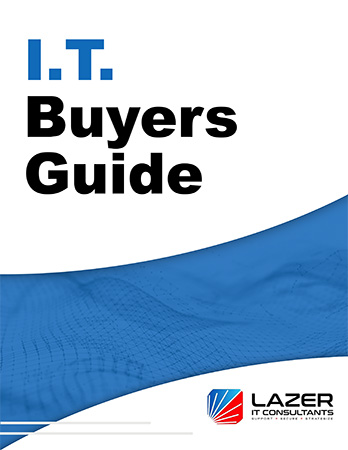
Business e-mail compromise (BEC) is one of the most dangerous cyberthreats businesses face today. While these scams have existed for years, advanced AI tools have made them more sophisticated and harder to detect.
🔹 In 2023, BEC scams caused $6.7 billion in global losses. Even more alarming, a study by Perception Point found a 42% increase in BEC incidents during the first half of 2024 compared to the same period in 2023. With cybercriminals using AI to refine their attacks, this threat is only growing.
🔒 Are your business e-mails secure? Start protecting your business today by booking a discovery call to assess your vulnerabilities and stop cybercriminals in their tracks.
What Are Business E-mail Compromise (BEC) Attacks?
BEC scams are not your average phishing attempts. They are highly targeted cyberattacks where criminals exploit e-mail accounts to trick employees, partners, or clients into sharing sensitive information or transferring funds.
Unlike traditional phishing, BEC scams rely on social engineering rather than malware, making them more convincing and effective.
Why Are BEC Attacks So Dangerous?
BEC scams succeed because they exploit human trust rather than relying on malicious attachments or links that traditional security filters can block. Here’s what makes them so dangerous:
💰 Severe Financial Losses: The average BEC attack results in losses exceeding $137,000, and recovering stolen funds is nearly impossible.
🔴 Operational Disruption: Attacks can halt business operations, causing downtime, audits, and financial damage.
🔒 Reputational Damage: Clients may lose trust in your organization if their sensitive data is compromised.
🚨 Loss of Employee Confidence: Team members may feel insecure working for a company that was successfully attacked.
Common BEC Scams To Watch Out For
🚩 Fake Invoices: Cybercriminals impersonate vendors and send fraudulent invoices requesting payment.
🚩 CEO Fraud: Hackers pose as executives, pressuring employees to transfer funds under fake urgent deadlines.
🚩 Compromised E-mail Accounts: Legitimate accounts are hacked and used to send malicious requests.
🚩 Third-Party Vendor Impersonation: Hackers spoof trusted vendors, making fraudulent requests appear routine.
🔹 Don’t let your business fall victim to BEC scams. Strengthen your network security today to ensure you’re protected.
How To Protect Your Business From BEC
The good news? BEC scams are preventable with the right strategies in place:
1. Train Your Team Like It’s Game Day
✔️ Teach employees to spot phishing e-mails—especially those marked “urgent”.
✔️ Require verbal confirmation for any financial request, no matter how small.
✔️ Send regular cybersecurity updates to keep your team informed.
👉 Sign up for our Cybersecurity Tip of the Week to keep your employees one step ahead of hackers.
2. Enforce Multifactor Authentication (MFA)
✔️ MFA acts as a safety net, even if passwords are compromised.
✔️ Enable it on all accounts, especially for e-mails and financial systems.
3. Test Your Backups
✔️ Regularly restore data from backups to verify they work.
✔️ Ensure business-critical data is always backed up in multiple locations.
4. Get Serious About E-mail Security
✔️ Use advanced e-mail filters to block malicious links and attachments.
✔️ Regularly audit access permissions and immediately revoke access for former employees.
5. Verify Financial Transactions
✔️ Double-check all payment requests, especially those for large amounts or involving new vendors.
✔️ Confirm any unusual requests via a separate communication channel (e.g., a phone call).
Next Steps: Strengthen Your Business Against Cyber Threats
Cybercriminals are evolving, but you can stay ahead. By training your team, securing your e-mails, and verifying transactions, you can turn your business into a fortress against BEC scams.
🚀 Want to ensure your business is fully protected? Schedule a risk assessment today to uncover vulnerabilities and secure your network.
Let’s stop BEC scams in their tracks – before they stop your business.



